
Some of these lessons I’ve learned the hard way; some I kind of knew subconsciously but wouldn’t have known how to articulate them myself; some I need to make sure I apply (it’s one thing knowing, it’s another thing doing, especially when bad habits have developed over years of novel-writing attempts).
Some may seem obvious, but the following list helps me to remind myself to keep them in the forefront of my mind. Note: some may be genre-specific, and may especially not apply to literary fiction.
- Can the premise/hook/central question of the novel be condensed into a one or two-line elevator pitch?
Example 1: A murder in the Louvre leads a symbologist and a cryptologist on a quest involving secret societies and the Holy Grail – The Da Vinci Code.
Example 2: Jaws in space – Alien.
Example 3: What if the Nazi’s had won the war? – The Man in the High Castle.
- What is motivating your characters, i.e. what drives the active choices that they make?
Example: Guilt over his cowardly failure to protect his childhood friend, Hassan, drives Amir’s need to atone by protecting Hassan’s son – The Kite Runner.
- Think from the reader’s point of view. What questions do you want them to ask at each point of the story? Is the pace too fast/slow to keep them engaged? Do they care about the protagonist and stakes enough to invest the time it takes to read a full-length novel?
- ‘Show not tell’ should be ‘Show and tell’ – but telling should be used judiciously, not for info dumps. If an event is important to the story/character, it should be shown in real-time, not summarised.
- Specificity – use details from different senses to bring a scene to life.
Example: Can that argument between a couple that takes place in their house be moved to outside a Chinese restaurant where the smell of sweet and sour chicken scents the air, the autumn leaves are scuttling across the pavement, and a car alarm blares? – taken from an example given on ‘The Honest Authors’ podcast.
- Interiority helps the reader to understand character more deeply.
- An inciting incident/catalyst/no-going-back event must happen early-on.
Example: Palaeontologist Dr. Alan Grant is invited to visit and endorse a dinosaur theme park – Jurassic Park.
- A mid-point crisis or twist can be viewed as a second catalyst, forcing the character to respond and driving the stakes even higher.
Example: A storm causes a power cut, affecting the electric fences and allowing a T-rex to escape its enclosure.
- Stakes (what’s at risk) can be emotional or psychological, not just physical (e.g. life and death).
Example: Rachel’s mental health and battle with alcoholism – The Girl on the Train.
- Action scenes don’t have to be rushed, sometimes more detail helps the action to breathe, allowing the reader to immerse themselves in the events as they unfold.
- The protagonist should have changed from who they were at the start of the book.
Example: Ebenezer Scrooge – A Christmas Carol.
- Before the resolution, the character should have to make a seemingly impossible choice which has a slim probability of success, to achieve the previously impossible, i.e. what would have been impossible for the character to do at the start of the novel, they now have the courage or emotional maturity to attempt.
Example: Amir rescues and protects Hassan’s son, though he’d failed to do so for Hassan – The Kite Runner.
- What is the ‘emotional aftertaste’ that the reader is left with upon finishing the book? Are they satisfied by the ending? By the protagonist’s arc?
Example: Scrooge is redeemed. We’re left with the belief that people can change and, like Ebenezer, we’re filled with good will/the spirit of Christmas.
- What did the reader think the book was about at the start? What did they learn the book is really about? This can relate to events vs themes, or be revealed through a twist etc.
Example 1: A whale hunt is really about the folly of humanity and how easily we can become the very evils we fear – Moby Dick.
Example 2: The story of a scientist creating a ‘monster’ is really about how society often fears and rejects people who are ‘different’ – Frankenstein.
Example 3: Fight Club is really about materialism, capitalism, masculinity, mental health and the need for human connection.
Final Thoughts
Have I missed any important writing lessons from my list?
What’s the best lesson you’ve learned when it comes to improving your craft?
Can you add any novel/film examples to mine?
Structuring Scenes
How to craft scenes with purpose
I watched another excellent webinar recently. The content was helpful as both a planning tool and as an editing tool. Scene structure mimics story structure, but on a…
On The Honest Authors’ podcast, Gillian McAllister once mentioned that she was asked, “Do you really think that?” about something controversial she’d written in one of her novels….
Bear With Me! Okay, this is probably a weird analogy but this is how my (bird-brained!) mind works. So, in terms of the title question, I’ve thought long…


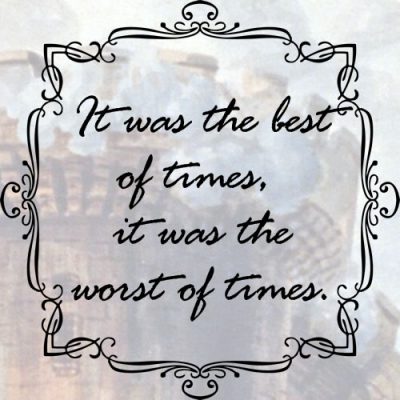



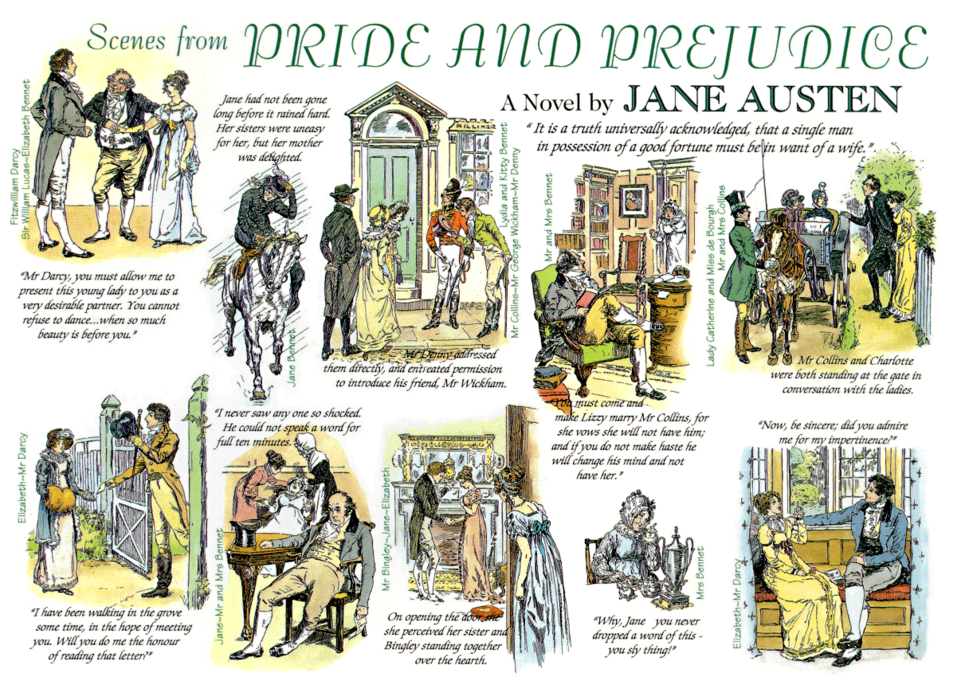

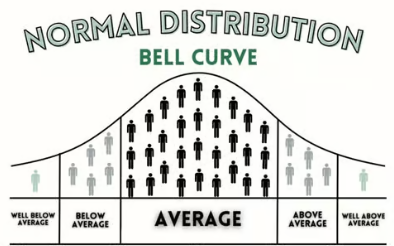
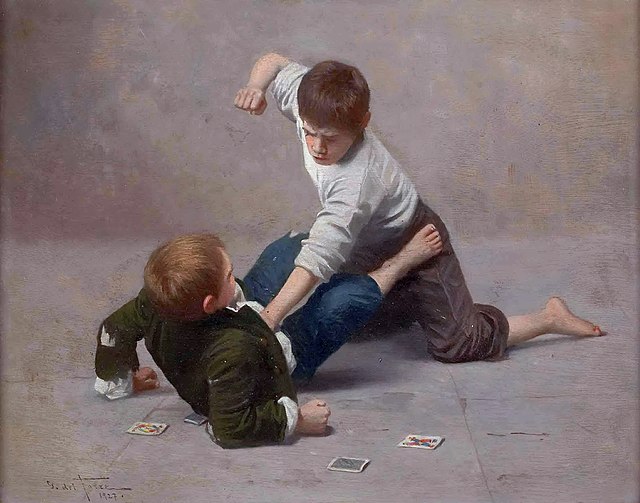






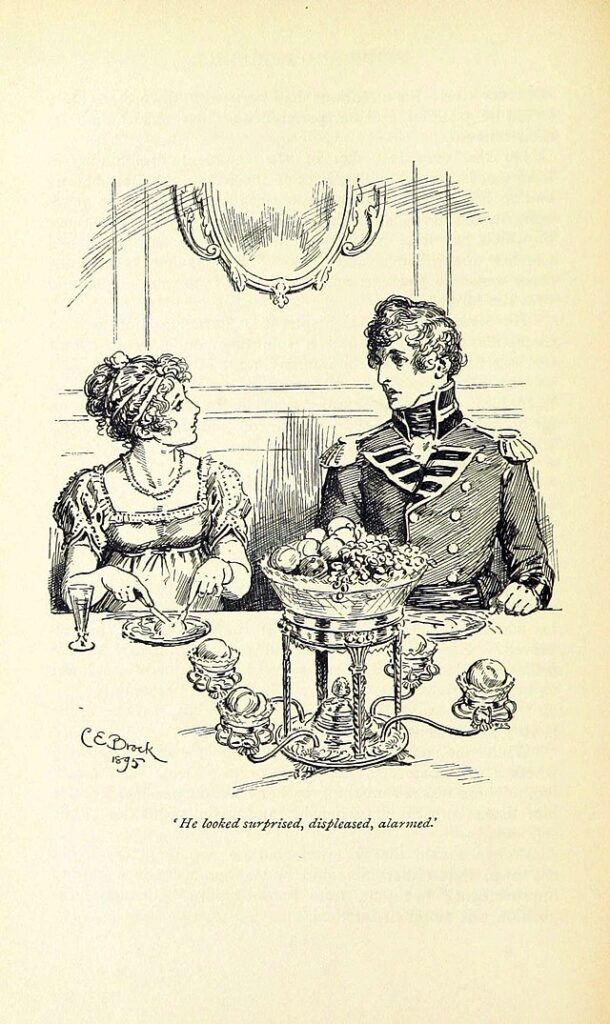




Some really valuable points, thank you. I’m going to think through some of these in relation to my manuscript.
It’s worth reading Claire’s earlier blog posts for more of this wonderful craft advice. I’ve learned a lot from her.
Oooh, thanks for the tip. I’m always up for more good advice.
Great post, Claire. One of the most important lessons I’ve learned about long-form writing might be less applicable to genre fiction. It’s to plot loosely and let my characters talk; they reveal the story in their conversations. That said, I also try and follow John Irving’s example to have my… Read more »
Fascinating read.
Great post, Claire. I love no.4 and wholeheartedly agree, it should be show AND tell. Another important lesson is PICK A POINT OF VIEW BEFORE YOU START WRITING. Is it first, second, third or omniscient? Each POV has their own pros and cons. Which one will make your protagonist shine?… Read more »